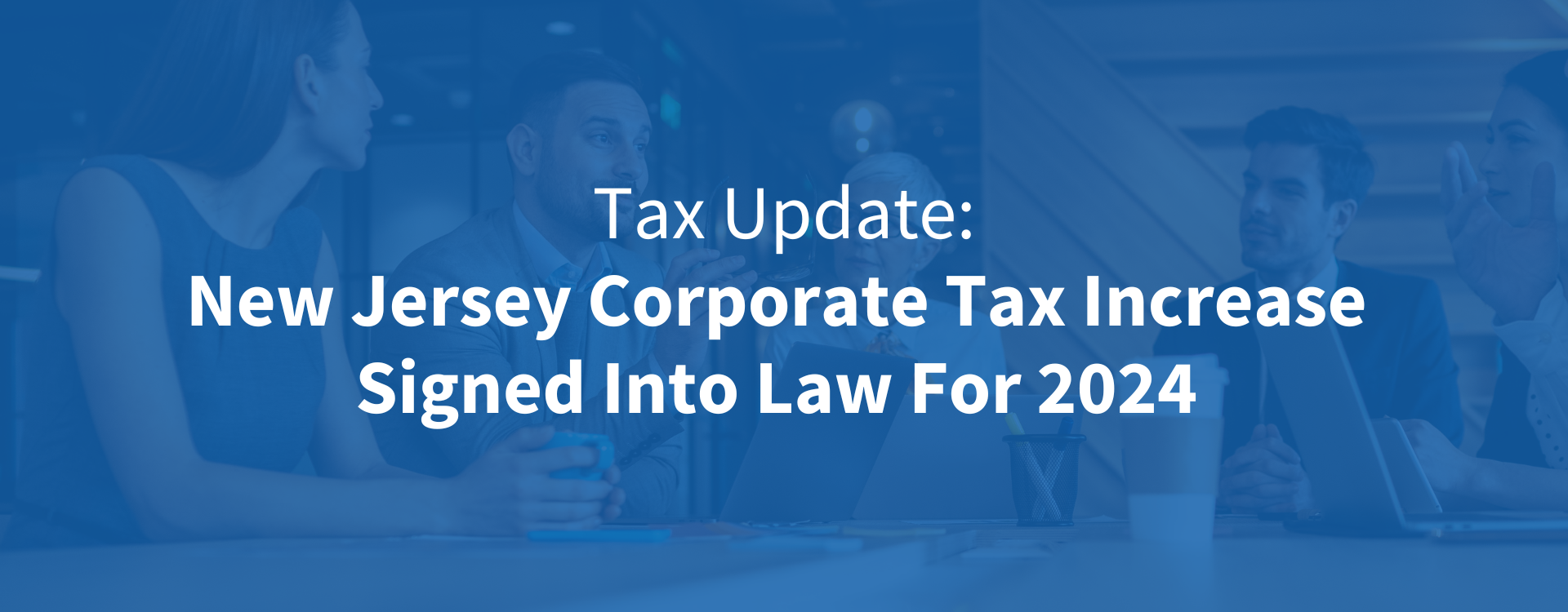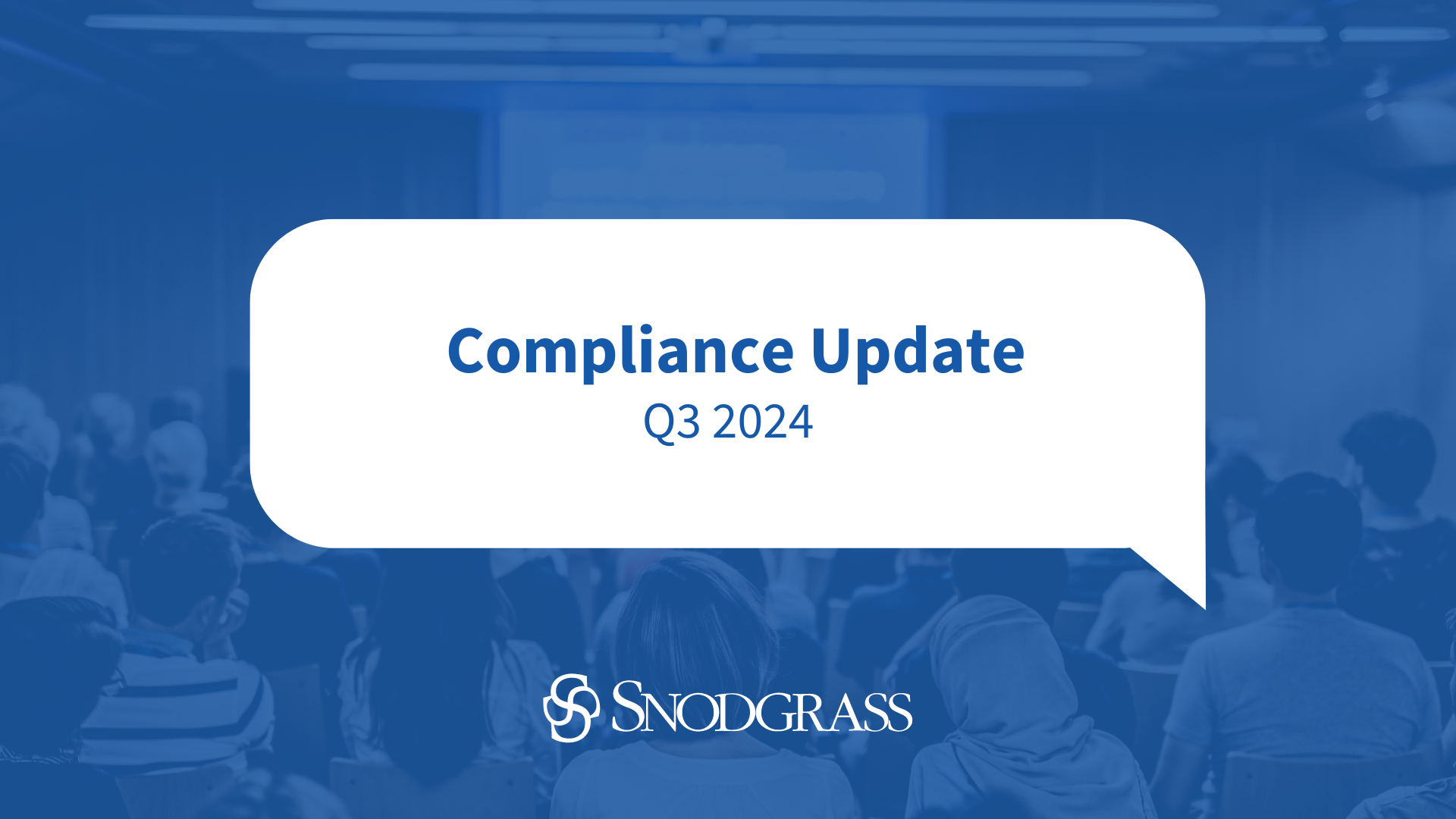Changes to Home Mortgage Disclosure Act (HMDA)’s Closed-end Loan Reporting Threshold
On September 23, 2022, the United States District Court for the District of Columbia issued an order vacating the 2020 HMDA Final Rule as to the loan volume reporting threshold for closed-end mortgage loans. The decision means that the threshold for reporting data on closed-end mortgage loans is now 25 loans in each of the two preceding calendar years, which is the threshold established by the 2015 HMDA Final Rule, rather than the 100 loan threshold set by the 2020 HMDA Final Rule.
The Consumer Financial Protection Bureau (CFPB) recognizes that financial institutions affected by this change may need time to implement or adjust policies, procedures, systems, and operations to come into compliance with their reporting obligations. In these limited circumstances, in allocating the CFPB’s enforcement and supervisory resources, the CFPB does not view action regarding these institutions’ HMDA data as a priority. Thus, the CFPB does not intend to initiate enforcement actions or cite HMDA violations for failures to report closed-end mortgage loan data collected in 2022, 2021, or 2020 for institutions subject to the CFPB’s enforcement or supervisory jurisdiction that meet Regulation C’s other coverage requirements and that originated at least 25 closed-end mortgage loans in each of the two preceding calendar years but fewer than 100 closed-end mortgage loans in either or both of the two preceding calendar years.
https://www.consumerfinance.gov/about-us/blog/changes-to-hmda-closed-end-loan-reporting-threshold/
Federal Reserve Board (FRB) Announces Pricing, Effective January 3, 2023, for Payment Services the Federal Reserve Banks Provide to Depository Institutions
On November 3, 2022, the FRB announced pricing, effective January 3, 2023, for payment services the Federal Reserve Banks provide to depository institutions, such as the clearing of checks, ACH transactions, and wholesale payment and settlement services.
By law, the Federal Reserve must establish fees to recover the costs of providing payment services over the long run. The Reserve Banks expect to fully recover 100.2 percent of actual and imputed expenses in 2023, including the return on equity that would have been earned if a private-sector firm provided the services. Overall, the Reserve Banks estimate that the price changes for 2023 will result in a 2.9 percent average price increase.
https://www.federalreserve.gov/newsevents/pressreleases/other20221103a.htm
CFPB Issues Guidance to Help Banks Avoid Charging Illegal Junk Fees on Deposit Accounts
The CFPB issued guidance about two junk fee practices that are likely unfair and unlawful under existing law. The first, surprise overdraft fees, includes overdraft fees charged when consumers had enough money in their account to cover a debit charge at the time the bank authorizes it. The second is the practice of indiscriminately charging depositor fees to every person who deposits a check that bounces. The penalty is an unexpected shock to depositors who thought they were increasing their funds.
Financial Crimes Enforcement Network (FinCEN) Issues Final Rule for Beneficial Ownership Reporting to Support Law Enforcement Efforts, Counter Illicit Finance, and Increase Transparency
The U.S. Treasury’s FinCEN took a historic step in support of U.S. government efforts to crack down on illicit finance and enhance transparency by issuing a final rule establishing a beneficial ownership information reporting requirement, pursuant to the bipartisan Corporate Transparency Act (CTA). The rule will require most corporations, limited liability companies, and other entities created in or registered to do business in the United States to report information about their beneficial owners—the persons who ultimately own or control the company—to FinCEN. Designed to protect U.S. national security and strengthen the integrity and transparency of the U.S. financial system, the rule will help to stop criminal actors, including oligarchs, kleptocrats, drug traffickers, human traffickers, and those who would use anonymous shell companies to hide their illicit proceeds.
“For too long, it has been far too easy for criminals, Russian oligarchs, and other bad actors to fund their illicit activity by hiding and moving money through anonymous shell companies and other corporate structures right here in the United States,” said Acting FinCEN Director Himamauli Das. “This final rule is a significant step forward in our efforts to support national security, intelligence, and law enforcement agencies in their work to curb illicit activities. The final rule will also play an important role in protecting American taxpayers and businesses who play by the rules, but are repeatedly hurt by criminals that use companies for illegal reasons.”
This final rule represents the culmination of years of bipartisan efforts by Congress, the Treasury, national security agencies, law enforcement, and other stakeholders to bolster the United States’ corporate transparency framework. It addresses deficiencies in the U.S. anti-money laundering regime as identified by the Financial Action Task Force—the international standard-setting body for anti-money laundering and countering the financing of terrorism and proliferation of weapons of mass destruction standards—and delivers on commitments made by the United States ahead of the December 2021 Summit for Democracy and in the first-ever U.S. Strategy on Countering Corruption.
The rule is effective January 1, 2024. Reporting companies created or registered before January 1, 2024, will have one year (until January 1, 2025) to file their initial reports, while reporting companies created or registered after January 1, 2024, will have 30 days after creation or registration to file their initial reports. Once the initial report has been filed, both existing and new reporting companies will have to file updates within 30 days of a change in their beneficial ownership information. FinCEN is committed to implementing these statutory obligations in a robust manner while minimizing burdens on reporting companies.
The reporting rule is one of three rulemakings planned to implement the CTA. FinCEN will engage in additional rulemakings to: (1) establish rules for who may access beneficial ownership information, for what purposes, and what safeguards will be required to ensure that the information is secured and protected; and (2) revise FinCEN’s customer due diligence rule. In addition, FinCEN continues to develop the infrastructure to administer these requirements, including the information technology system that will be used to store beneficial ownership information in accordance with the strict security and confidentiality requirements of the CTA.
https://www.fincen.gov/beneficial-ownership-information-reporting-rule-fact-sheet
Agencies Announce Threshold for Smaller Loan Exemption from Appraisal Requirements for Higher-Priced Mortgage Loans Agencies Announce Threshold for Smaller Loan Exemption from Appraisal Requirements for Higher-Priced Mortgage Loans
The CFPB, the FRB, and the Office of the Comptroller of the Currency today announced that the 2023 threshold for exempting loans from special appraisal requirements for higher-priced mortgage loans will increase from $28,500 to $31,000.
The threshold amount will be effective January 1, 2023, and is based on the annual percentage increase in the Consumer Price Index for Urban Wage Earners and Clerical Workers, known as CPI-W, as of June 1, 2022.
“What You Should Know about Home Equity Lines of Credit,” also known as the HELOC booklet
The CFPB has issued an update to the “What you should know about home equity lines of credit” brochure (HELOC Brochure). The new edition of the HELOC Brochure is updated to align with the Bureau’s educational efforts, to be more concise, and to improve readability and usability. The updated brochure is available in both English and Spanish.
You can access the HELOC Brochure Federal Register notice here: www.federalregister.gov/documents/2022/12/16/2022-27324/notice-of-availability-of-revised-consumer-information-publication.
Updated Federal Financial Institutions Examination Council (FFIEC) Cybersecurity Resource Guide for Financial Institutions
On October 3, 2022, the FFIEC announced an update to its 2018 Cybersecurity Resource Guide for Financial Institutions. The guide includes updated references and now includes ransomware–specific resources. The FDIC is amplifying this resource in recognition of Cybersecurity Awareness Month, which highlights the importance of safeguarding our nation’s critical infrastructure from malicious cyber activity and protecting citizens and businesses from ransomware and other cyber attacks.
https://www.fdic.gov/news/financial-institution-letters/2022/fil22050.html



